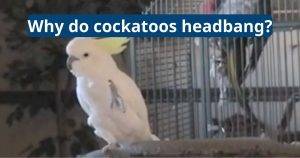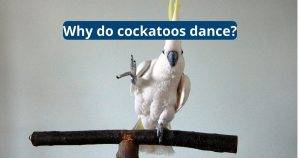How to Train an African Grey Parrot Not to Bite
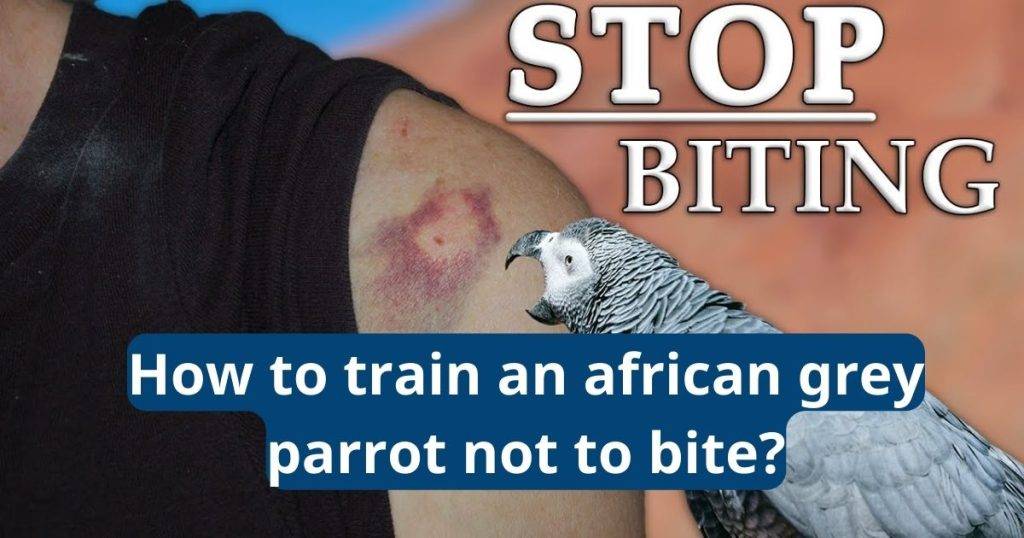
Biting is an instinctive response for parrots that are scared or stressed. Often, a fear-based bite comes from an unpredictable change in environment or sudden loud noise. Other times, a bird may bite to obtain something that he is not entitled to. For instance, he may learn that biting gets him attention from his owner.
Keep Your Hands To Yourself
Biting is typically a fear-based behavior. It is important to understand your bird’s body language so you can read when they are fearful and frightened. They may puff up their feathers or fan their tails in an attempt to make themselves larger and more threatening, which is a sign of aggression.
During these times, it is best to put space between you and your bird. A soft, calm voice is usually enough to defuse the situation.
Trying to touch your bird when they are frightened or uncomfortable is one of the most common causes of bites. A bitten person is often left feeling confused and unsure of what to do next. Fortunately, most people can avoid future bites by learning to read their bird’s body language and understanding how to respond to it appropriately. Punishment in the form of yelling or even just holding the bird down does not help solve the problem and can actually make it worse.
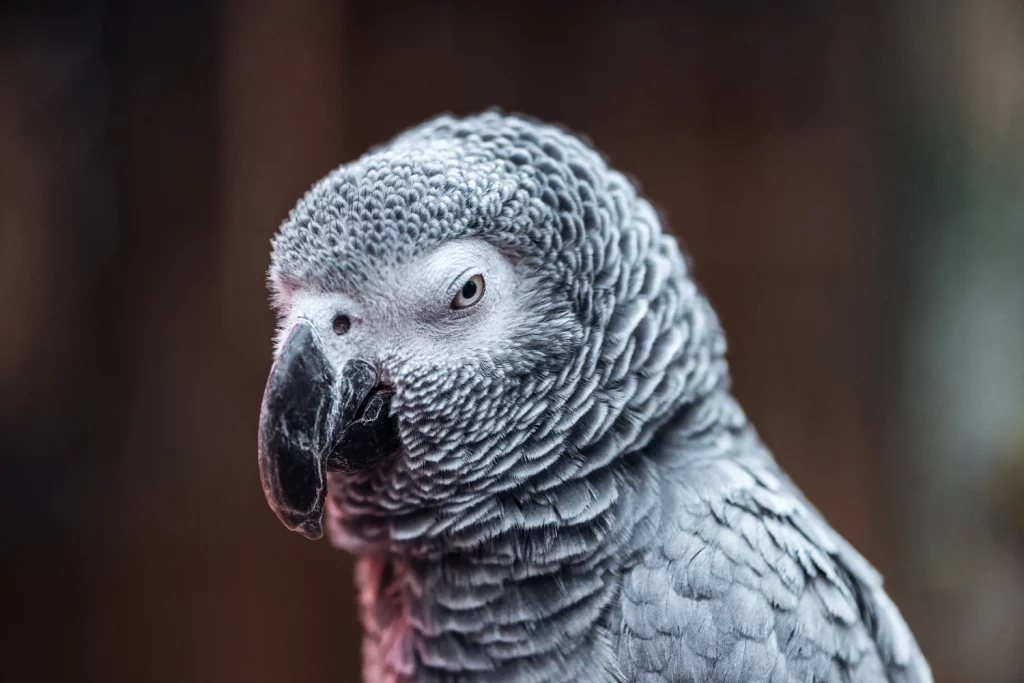
Reward Your Bird
While you are working to stop your bird from biting, it is important to reward them for doing what you want them to do. This will help them to trust you more. Rewards can be anything from food to a feather or play time with a friend. Reward based training is the best way to teach any animal and birds are no exception.
Parrots bite primarily out of fear and frustration or as a form of self-defense. They also may bite in order to protest a situation that they don’t like. These situations often result in a nip or bite as opposed to a hard, painful bite that could cause injury.
A bitten bird needs to know that its bite is not okay and it will be punished. Punishment by shrieking or pulling away does not work to prevent biting behavior and only makes the parrot more afraid of you. Instead, try sidetracking the bite by presenting your hand to the bird in a confident manner and only when it has demonstrated the willingness to step up onto it.
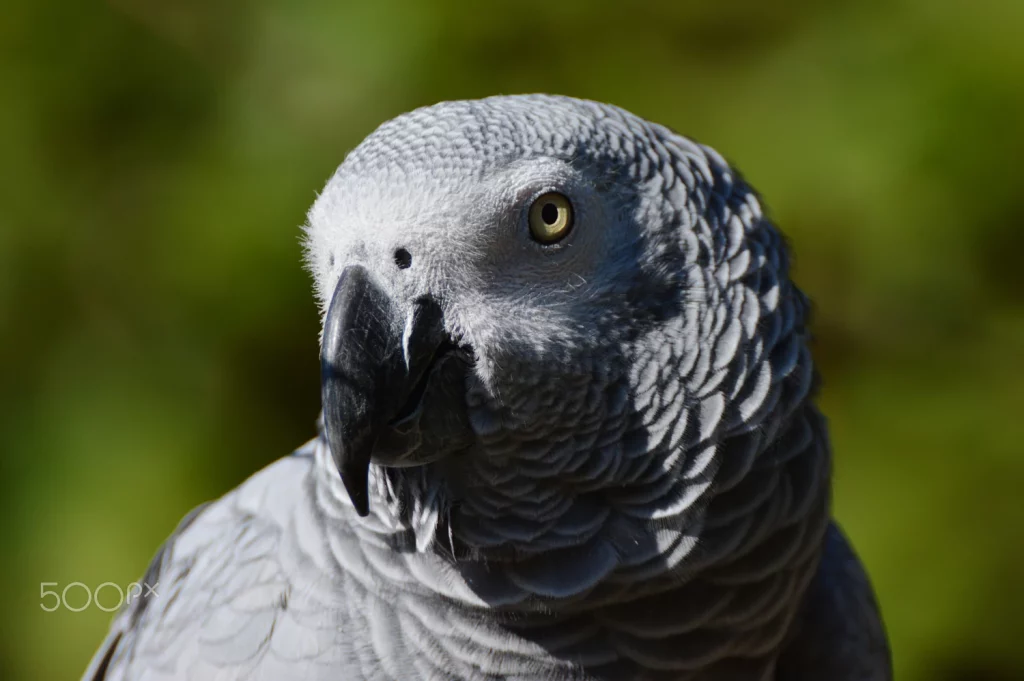
Keep Your Voice Low
Anyone who has ever been bitten by a parrot knows that biting is a very strong tool in the bird’s arsenal of ways to get what it wants from you. Many people who get a new parrot will react in some way to the bite and they may try to teach the bird to say words with punishment or consequences. This actually does not work and will only make the parrot more agitated and likely to bite in the future.
A good training technique is to keep your voice low when talking to your bird and use positive reinforcement training. It is also important to understand why your bird is biting you. Birds bite when they are scared or do not like what you are doing to them. They will usually nip rather than bit hard and cause injury. Even bonded birds may bite in these situations to communicate that they do not like something you are doing. These nip bites are generally gentle and don’t hurt but if ignored they will progressively become more forceful.
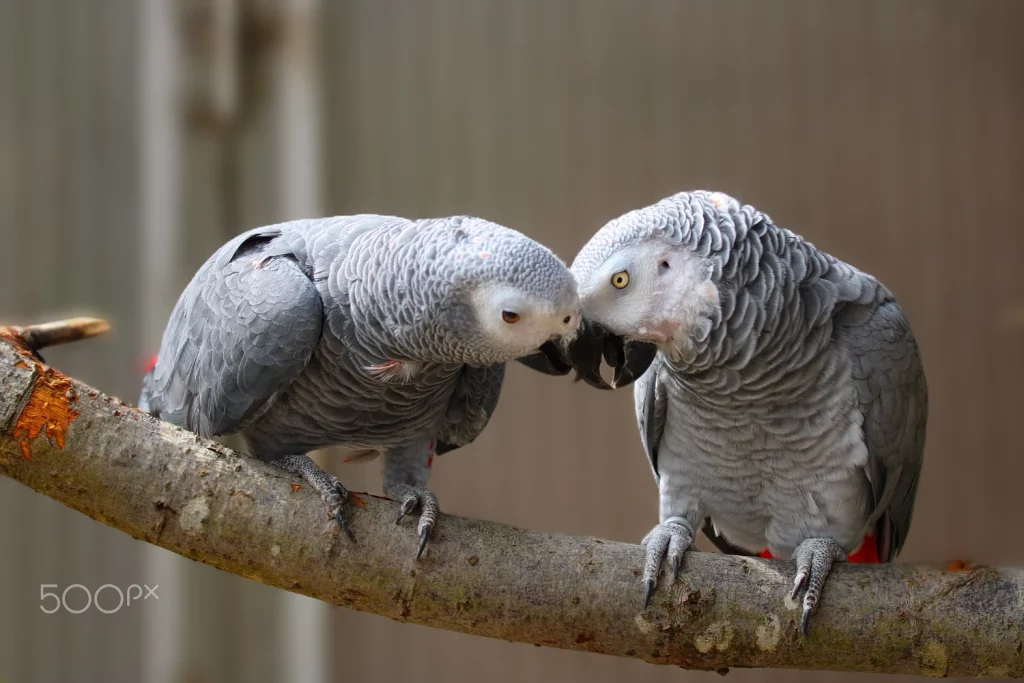
Put Your Bird Down
If your parrot is biting because it’s afraid, you can help them to trust you by presenting your hand in a confident manner and talking softly but firmly. Parrots often pin their eyes and dilate/contract their pupils when they are afraid and this can be a warning that they might bite.
Do not shout or scream if your bird bites you; this only gives the parrot what it wants, attention. It may take time, but if you can ignore your parrot’s biting behavior and distract them with food or toys, they will likely stop doing it.
It is also important to keep a log of each time your parrot bites you so that you can begin to evaluate the situations in which your bird bites. Keeping a time study can also help you to find the root cause of your bird’s aggression. During the time study, be sure to document all of the details, including what was happening in the home before and after the bite.


